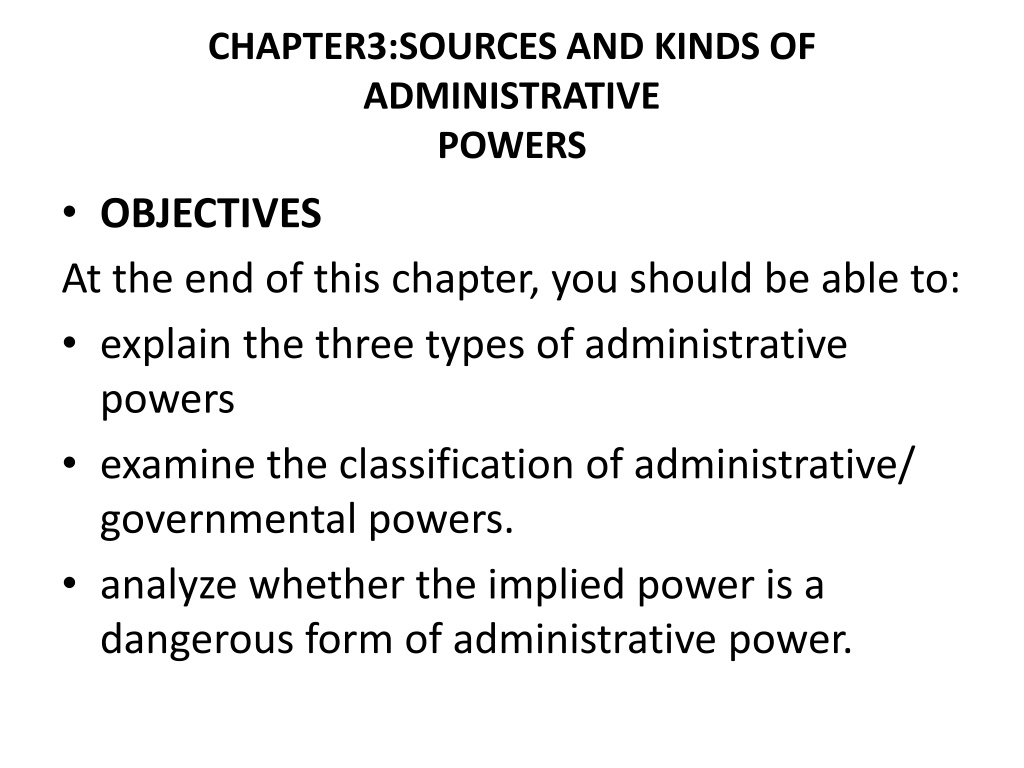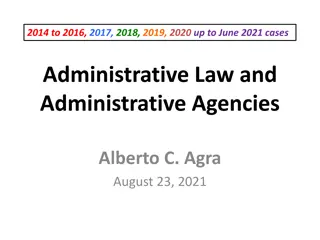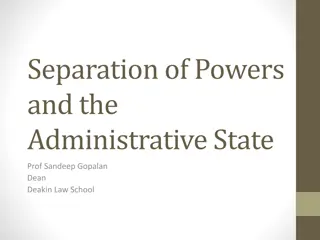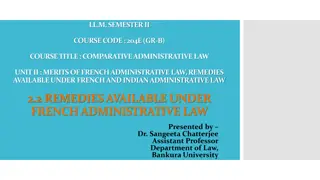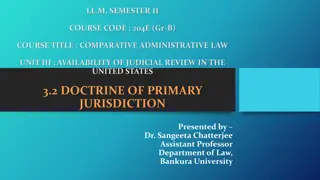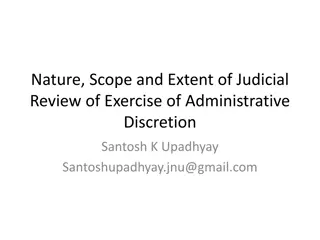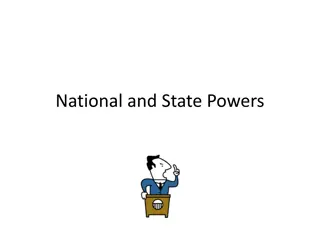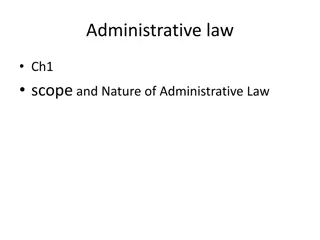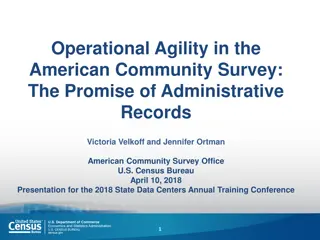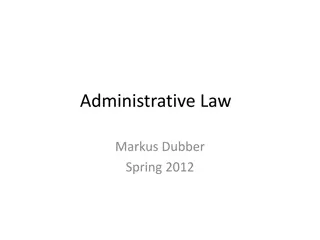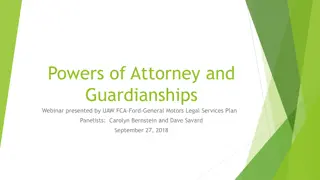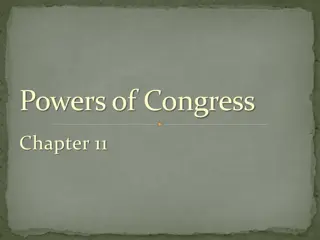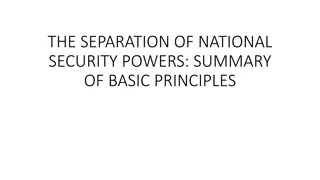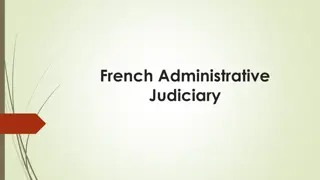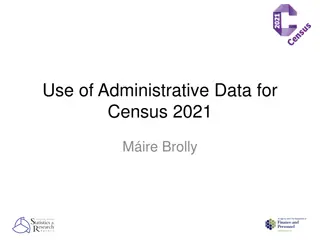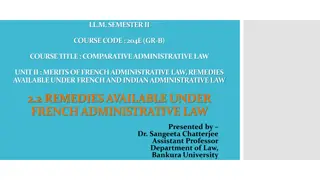Understanding Administrative Powers and Objectives
Explore the sources and types of administrative powers, including express, implied, and incidental powers. Delve into the classification of governmental powers and evaluate the implications of implied powers. Gain insights into how constitutional provisions and delegated legislation contribute to the exercise of administrative powers.
- Administrative powers
- Governance
- Government functions
- Constitutional conventions
- Delegated legislation
Download Presentation

Please find below an Image/Link to download the presentation.
The content on the website is provided AS IS for your information and personal use only. It may not be sold, licensed, or shared on other websites without obtaining consent from the author. Download presentation by click this link. If you encounter any issues during the download, it is possible that the publisher has removed the file from their server.
E N D
Presentation Transcript
CHAPTER3:SOURCES AND KINDS OF ADMINISTRATIVE POWERS OBJECTIVES At the end of this chapter, you should be able to: explain the three types of administrative powers examine the classification of administrative/ governmental powers. analyze whether the implied power is a dangerous form of administrative power.
Sources of Administrative Powers Administrative powers may be express power, implied or incidental powers. i. Express powers These are powers that are expressly provided for by the statutory provisions. Examples are:
Cont a)The constitution: This is the supreme law of the land and any provision of any other law, which is inconsistent with its provision, shall to the extent of the inconsistency, be void.
Cont By virtue of Section 4 (1), the legislative powers of the Federal Republic of Nigeria are vested in the National Assembly of the Federation. Section 5 vests executive powers on the president while section 6 confers judicial powers on the judiciary.
Cont For instance, the law establishing the Lagos State Development and Property Corporation is an example of law conferring express power. Also, the Nigerian National Petroleum Corporation Act (NNPC), vests express power on the board for the proper administration of their duties.
Cont c) A subsidiary legislation or delegated legislation made pursuant to the Act of parliament, thus conferring the said power. However, in a country with an unwritten constitution, such as Great Britain, some government functions or power may be based on constitutional conventions, practice or even judicial precedents.
ii. Incidental power This is a power is not expressly granted, but necessary for the accomplishment of the express powers. It is the power to do things which are auxiliary, related, or providing support to express duties and functions, and are necessary to achieve the purpose of the express power, even though such incidental power is not expressly granted by statute.
Cont The law looks at the reasonableness of the act done pursuant to the exercising the power and determines whether such power could be regarded as related to the express power or not.
iii. Implied powers These are those that are not expressly provided for by any of the aforementioned and are not incidental to the performance of their functions but are based on the assumption of the body or authority exercising it.
Cont In fact, it is a dangerous type of power. It is used arbitrarily with unlimited range.
Classification of Governmental Powers Governmental powers may be classified as follows: i) Legislative powers This refers to powers by the legislature, which is the body responsible for law making.
Cont ii) Executive powers These powers exercisable by the executive organ of government in performing particular act or giving particular order or making decisions within their competence.
Cont iii) Judicial powers These are exercised when there is an existing dispute lis inter partes (conflict among people) between two or more parties and it involves four conditions: a) The presentation (not necessarily orally) of their case by the parties;
Cont b) The ascertainment of any disputed facts by evidence adduced by the parties. c) The submission of argument on any disputed question of law, and d) A decision which disposes of the whole matter by a findings on the disputed facts and an application of the law to the facts.
Cont iv) Administrative decision Here, the authority is not required to employ any of the processes familiar in court of law (hearing evidence and arguments, and so on).
0-E Definitions of administrative adjudication Informal Administrative adjudication. Formal Administrative adjudication. Advantages/disadvantages of administrative adjudication. Quasi-Judicial powers. Essence of Classifying Governmental Powers.
